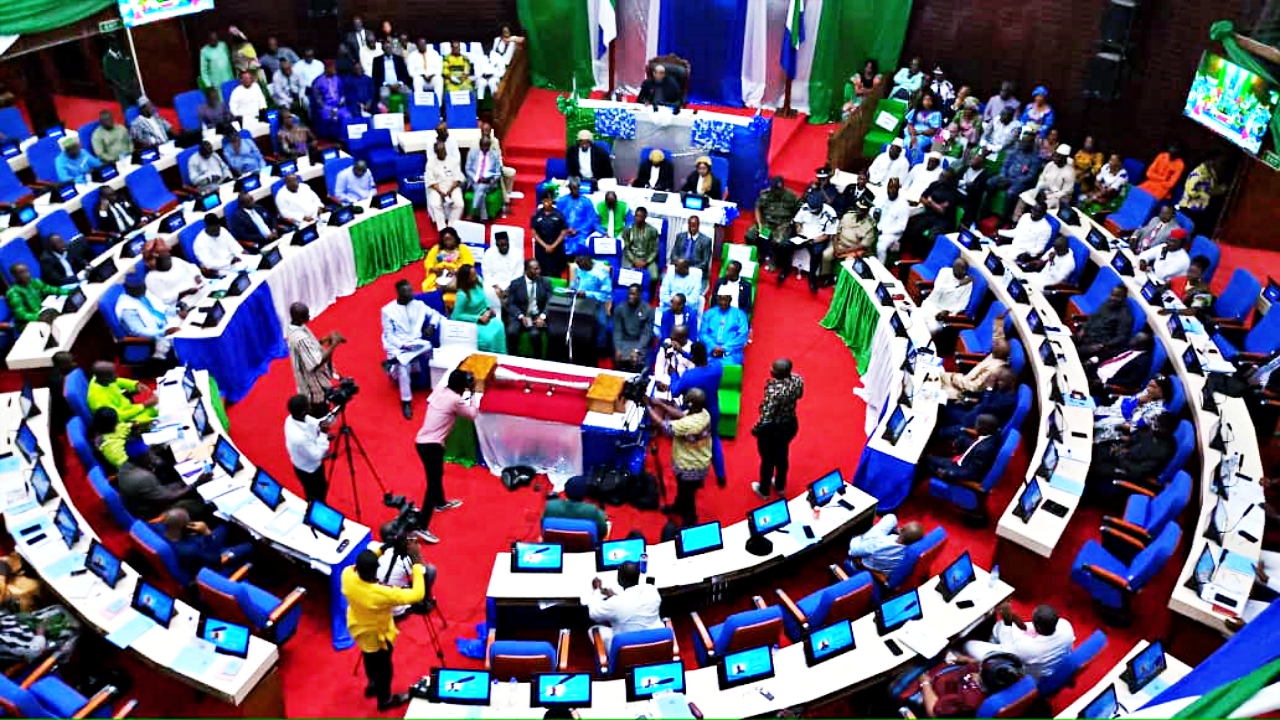Media houses within and outside of the country had referred to the Fifth Parliament of the Second Republic of Sierra Leone as a brown envelop parliament.
Presidential nominees who have interfaced with the Appointment Committee for vetting, once intimated the media that parliament do collect monies from those nominees before they can be approved in the well of parliament.
It’s no longer hidden that during Parliament budget scrutiny for ministries, department and agencies, heads and vote controllers of Ministries Departments and Agencies (MDA)s, find it normal to prepare a brown envelops for members of the Appointment Committee before facing the interview panel.
The said brown envelops are normally handed over to the Clerk of the said committee for onward delivery to the chairman of the committee and members.
This trend had, and continues to compromise the integrity of Members of Parliament.
Hon. Hindolo Geavo, of the incumbent Sierra Leone People’s Party (SLPP) once told the British Broadcasting Cooperation, Focus on Africa that, “indeed the Sierra Leone Parliament is corrupt.”
Coming from a non-dispassionate point of view, the Assistance Auditor General, Audit Service Sierra Leone, Morie Lansana, in one of his engagements with the media revealed that since the commencement of the 5th Parliament, they had vehemently refused to debate all annual and performance audit reports sent to parliament.
The supreme audit institution outside the civil service has accused the 5th Parliament of the Second Republic of lubricating corruption in MDAs.
Morie Lansana told the press that it is mandated by law that the Auditor General shall report any irregularities that come to the attention of the office. In his professional judgment made recommendations in the annual audit report.
“The said document must be sent to parliament before the end of the financial year”. If those reports were debated and punitive actions taken should have drastically reduced the many procurement and revenue irregularities that had engulfed the annual audit reports over the past five years, he said.
Regardless of the gravity of indictment from the sole audit institution in the country, the House of Parliament deliberately or otherwise refused to comment on the Audit Service indictment.
“Ironically, the Audit Service Commission doesn’t audit itself, rather, Parliament appoints private auditing firms to audit the supreme audit institution,” Lansana opined.
He continued that the private auditing firms that Parliament will select should not be any of the commission’s partners.
Our Audit report did not form part of the annual audit report, as ours is publish on the institution website, he stated.
For Parliament, the audit institution only audits the Public Account Committee only.
Audit and Financial pundits continue to raise eyebrows with regards the neutrality of parliament to select auditing firms to audit the supreme audit institution without the institution’s knowledge.
Partners to the supreme audit institution that are most time contracted by the Audit Service to audit books of some MDAs, have suddenly become friends to most of the MDAs that they have audited.
Professionally, the relationship between Audit Service and partners with MDAs should be handshakes not a hug.
Currently, the degree of intimacy between Audit Service partners and most MDAs have left many to think that the atmosphere with regards credibility stands to be questioned.










